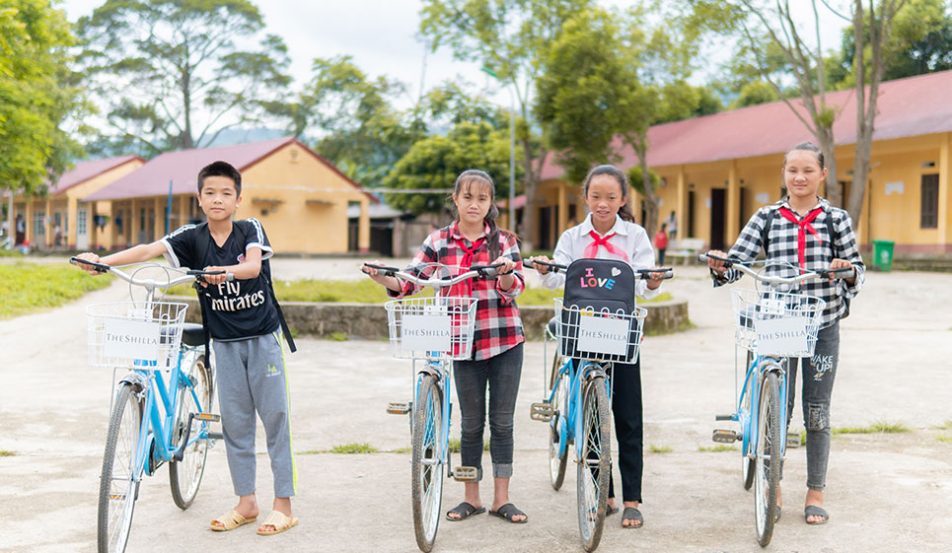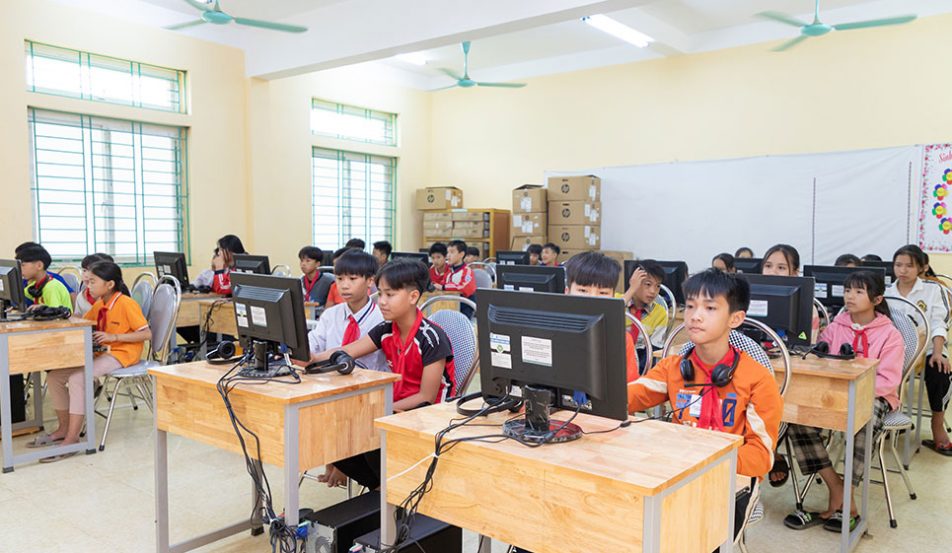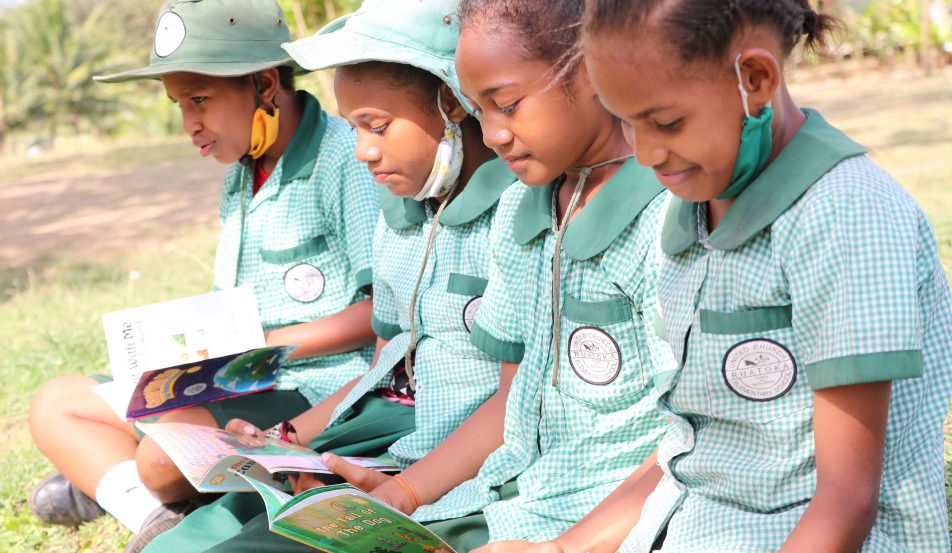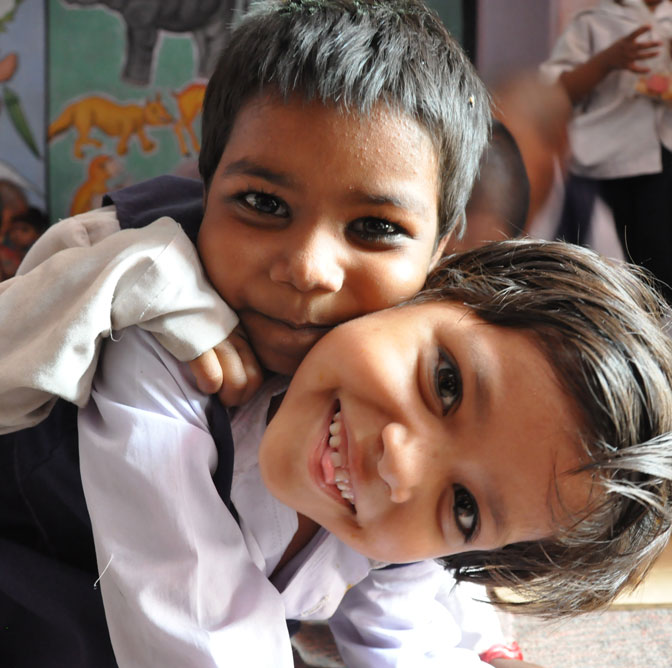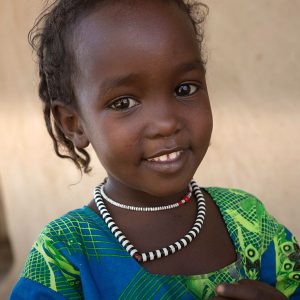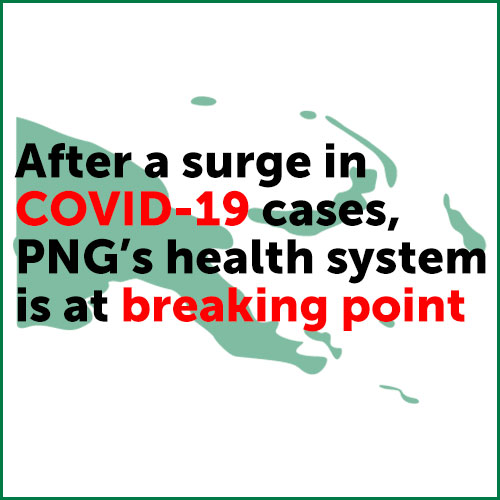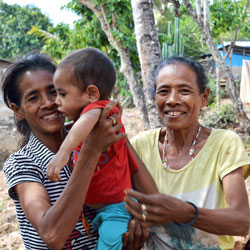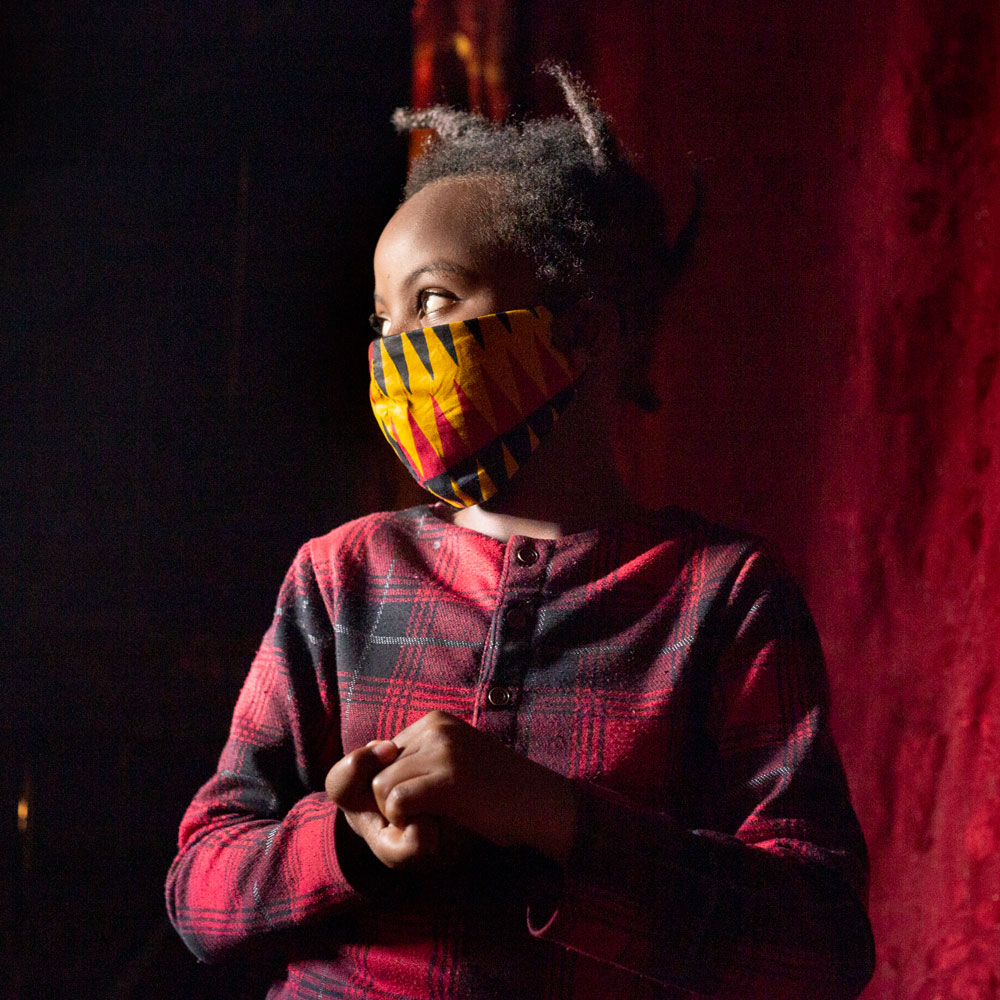Bright lights, big cities and forgotten children
Rapid economic development in Thailand over the last few decades has lifted millions out of poverty and raised general living standards. Yet fast-paced change and globalization are not without their problems. Social and economic inequalities have widened.
In May 2010, Thailand made international news when anti-government demonstrators took to the streets of Bangkok and paralysed the city center for days. Although the causes of these events were wide ranging, one dimension is the disparity between the “haves” and “have-nots.”
Behind the booming malls, hotels and restaurants lies another Bangkok, one of deprivation, exclusion and vulnerability.
ChildFund Thailand work to help impoverished children and families living in Bangkok`s inner city. “People think that children in Bangkok don’t need help because the capital city is so much better off than other parts of the country. This is false,” says Marneewan, president of the Parent Board of the Bangkok Community Project, one of ChildFund’s local partners in Thailand. “Children in Bangkok experience different problems than children living in rural areas,” she says. “They have different needs.” Drug use, teenage pregnancy, lack of education and abysmal living conditions create huge problems for these children.
“Many families migrate from northern rural areas to the capital city in search of a better life and end up living in squalor,” says Marneewan. “They live in overcrowded slums, built between a polluted canal and a busy expressway.”
In this century, deprivation no longer can be thought of strictly in terms of lack of material goods. Long gone are the days when access to a telephone was an appropriate indicator of prosperity. In fact, the vast majority of disadvantaged children and youth in Bangkok use mobile phones and access social media websites.
Instead, deprivation refers to lack of opportunities to reach one’s full potential. In Bangkok, many children still face a worrying lack of opportunity. Marneewan explains: “Parents don’t have much education and don’t send their children to school. Many boys and girls use yaa baa (pills containing a mixture of methamphetamine and caffeine). Like their parents, they face the prospect of low-skill work and poor wages. Children live in an environment that is not supportive of intellectual, emotional and social development.”
ChildFund’s Bangkok Community Project assists about 450 children and promotes community independence by helping families assess existing problems and develop solutions. Programs focus on nutrition, health and education as well as building capacity and sustainability in the community.
Children, like Riew, age 9, now have access to a quality education. Her sponsorship through ChildFund has provided school materials, partial tuition fees and transport to school. She also is able to attend English tutorial classes.
“Helping a needy child is also helping that child’s family, community and country,” notes Marneewan.
It’s the first step toward self-sufficiency and better opportunities for a healthy and productive life.



